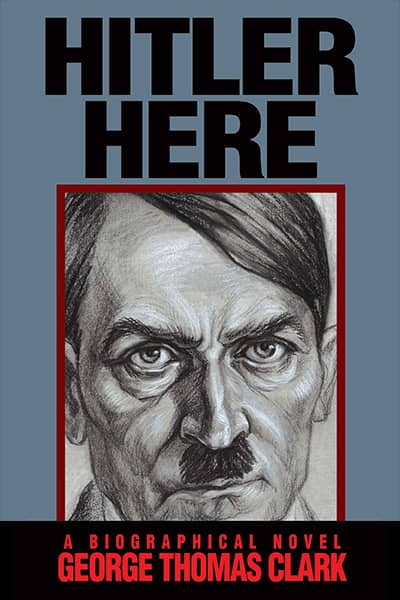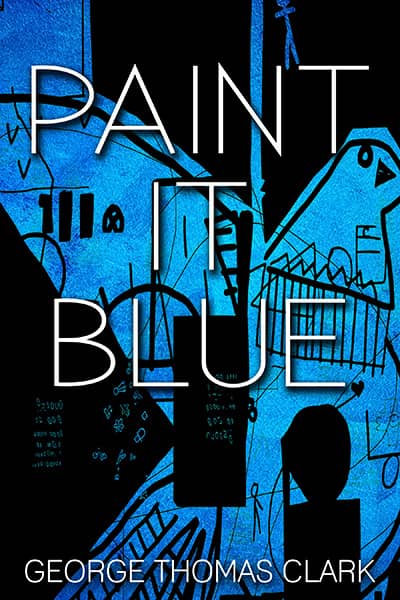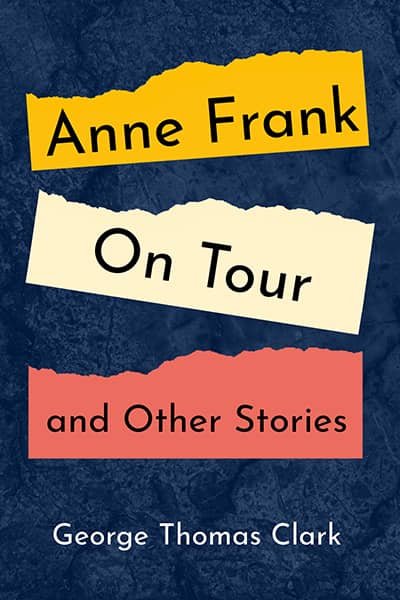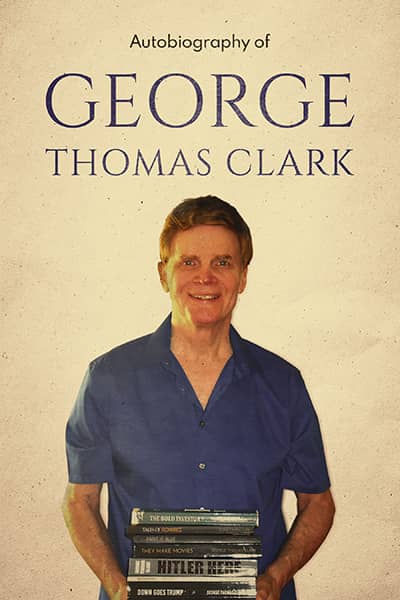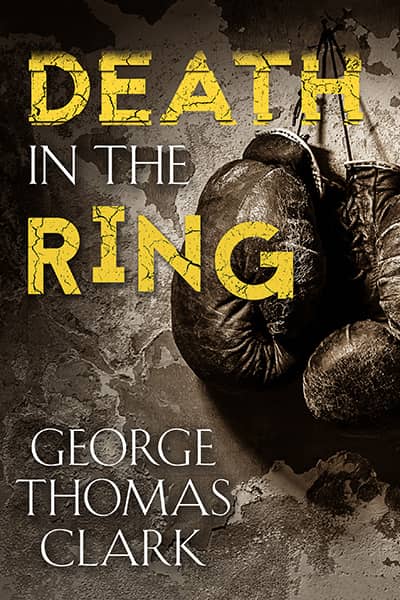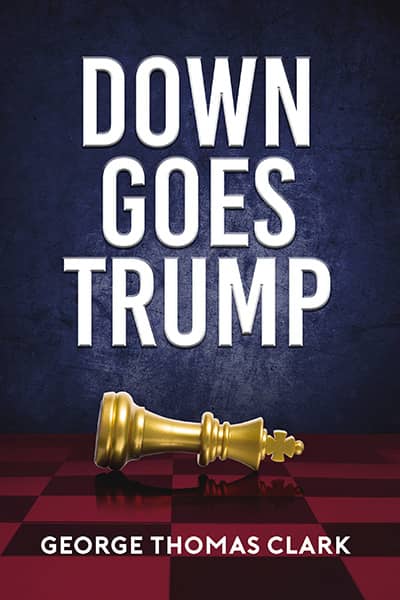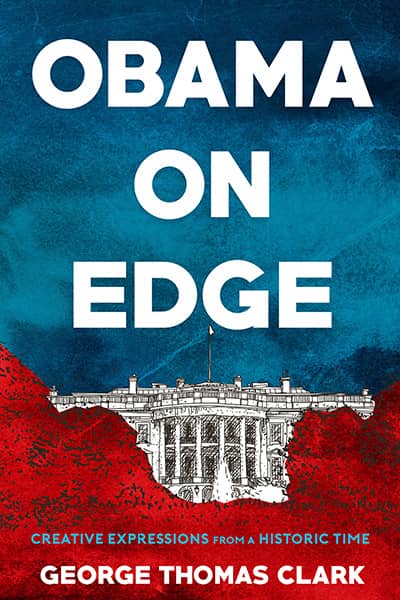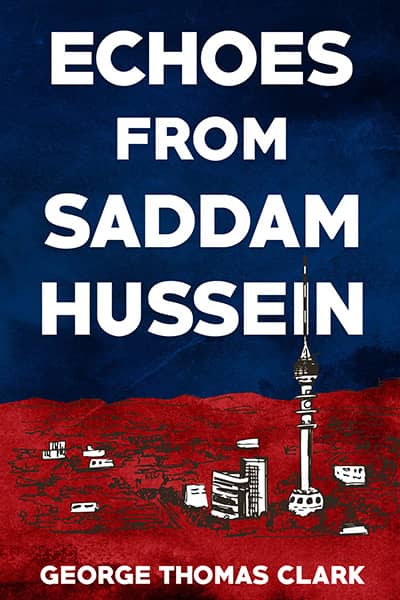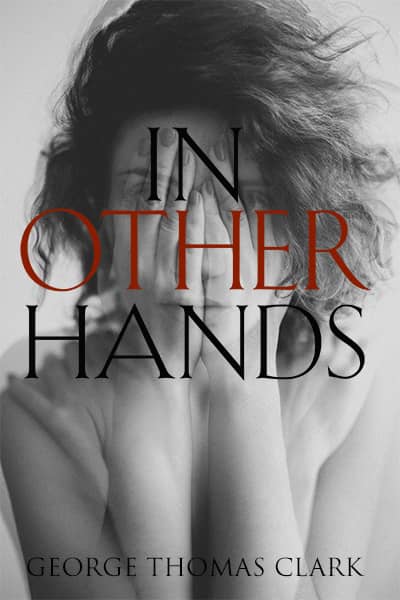Where did Hitler Die?
December 5, 2015
I spent twenty years researching and writing a biographical novel called Hitler Here and hoped, after some post-publication interviews, I’d never have to answer any more related questions, which tended to be either of the “Did Elvis really serenade Hitler on Mars?” or “We sure need another guy like him, don’t we?” variety. Most such inquiries naturally came from adult devotees of Santa Claus or citizens far to the right of Donald Trump. Only recently have I learned there are a disconcerting number of otherwise reasonable people who’ve been reading drivel between hard covers purporting to prove the Fuehrer miraculously survived the massive Russian assault on Berlin, and his Chancellery and bunker in particular, and by plane and submarine, and perhaps by broomstick, he not merely eluded his countless enemies but ensconced himself in South America where he lived a long and happy life.
Rather than refute the charlatans with a few historical slaps, I decided to interview the only unassailable authority on this mystery.
George Thomas Clark – Did you or did you not survive the end of World War II and escape from Germany?
Adolf Hitler – You represent yourself as an expert on all stages of my life and at all times presume to be privy to what I was thinking and what my parents were doing and thinking and what everyone I ever dealt with, comrade or enemy, was thinking and feeling, yet you ask me an insipid question like that.
GTC – Some popular books have been written. They say you didn’t die in Berlin.
AH – It’s strange that the world’s most despised man is the one many people are most reluctant to say goodbye or good riddance to. Obviously, I died in Berlin.
GTC – Readers of the books claim the FBI had informants who saw you in Argentina and Brazil.
AH – The FBI is quoting liars who invented sightings for money and attention. That’s why so many documents are heavily redacted. Let me clarify matters. By April thirtieth, 1945 I was a trembling old man, though I’d somberly celebrated my fifty-sixth birthday only ten days before. I suffered from hardening of the arteries and had little time to live. I suffered from Parkinson’s or some similar form of hell and shook like a naked child in winter, and did not want to continue my existence, especially in a world dominated by Bolsheviks and capitalists. I also suffered from incessantly ringing ears and general disintegration after barely surviving the bomb blast in July 1944 that killed and maimed people around me. I suffered as well from horrible nervousness. I’d always had bad nerves I publicly hid by portraying myself as the unbreakable Fuehrer, forged by Krupp steel. Those who knew me, Eva Braun, my secretaries, valets, quite a few officers, saw me lose control many times – shouting, spraying saliva, gesticulating – particularly as the Russians continued to crush my troops in the East and the Anglo Americans, after D-Day, cut through us in the West. Every night when I couldn’t sleep, deep in my darkened bunker as Russian bombs and artillery jarred my bed, I screamed. I screamed my God, they’re coming. They’re coming for me and are almost here to strip and probe and interrogate me before they parade me in a cage through the streets of Moscow. They’re going to humiliate and torture me and film every minute of it and savor my suffering until they hang me in front of millions who’ll love watching my flesh rot as buzzards feast.
GTC – With your resume – some fifty million dead in Europe – you certainly wouldn’t want to have had to answer to the survivors of your crimes.
AH – Crimes? Preposterous. Germany before the final war was surrounded by enemies – the Soviet Union, Poland, Czechoslovakia, France, Great Britain, and others. We had to preemptively strike or they would’ve destroyed us.
GTC – You did have strategic concerns, far more severe than those of the United States, for example, but you waged a war of extermination, and murdered and starved millions of soldiers after they’d surrendered, and butchered tens of millions of women and children, and then, of course, there’s the Holocaust.
AH – The Jews…
GTC – I’m cutting you off on that subject right now. You’ve more than had your say on that issue. Let’s focus on the final moments in the bunker. How did you die?
AH – In your book you actually got part of that part right. Frau Hitler, my new wife, curled on a sofa, and what a lovely and dedicated women she was, sharing her life with me for sixteen years and tolerating my many absences as I battled the enemies of Germany. She didn’t want to live in a degraded Germany. She would’ve had to suffer through my end, and would’ve been tortured and raped like so many other German women before and after the end of the war. In our private suite in the bunker, she said she couldn’t bear to see me die first so she bit her cyanide capsule and so gracefully eased back and went to sleep. I’ve never been so relieved as when I too swallowed the pill of deliverance; in seconds my agonies disappeared, and my valet, as I’d instructed, waited a few minutes and entered and shot me in the head.
GTC – Why didn’t the Russians find your body as well as that of Frau Hitler? Or did they really locate your charred corpse, and Russian doctors conducted an autopsy kept secret twenty-five years?
AH – Do you believe the Russians of Stalin? They lied about it but in fact found enough of us to identify by our dental records and interrogating our dentist, but they shouldn’t have found anything at all. Once I died, people I’d trusted were more intent on trying to save themselves than follow my final orders, which were to horde gasoline, drench our bodies, and make sure they were thoroughly burned. We were almost incinerated, and that’s why there aren’t any gruesome and recognizable photos of me as there are of Joseph Goebbels who, along with his wife and six children, died one day later. That one day was a blessing that spared me from being prodded like the charred corpse of Goebbels.
GTC – Why didn’t Stalin clarify your death after the war?
AH – He celebrated my fate but wanted others to suffer not being sure.
